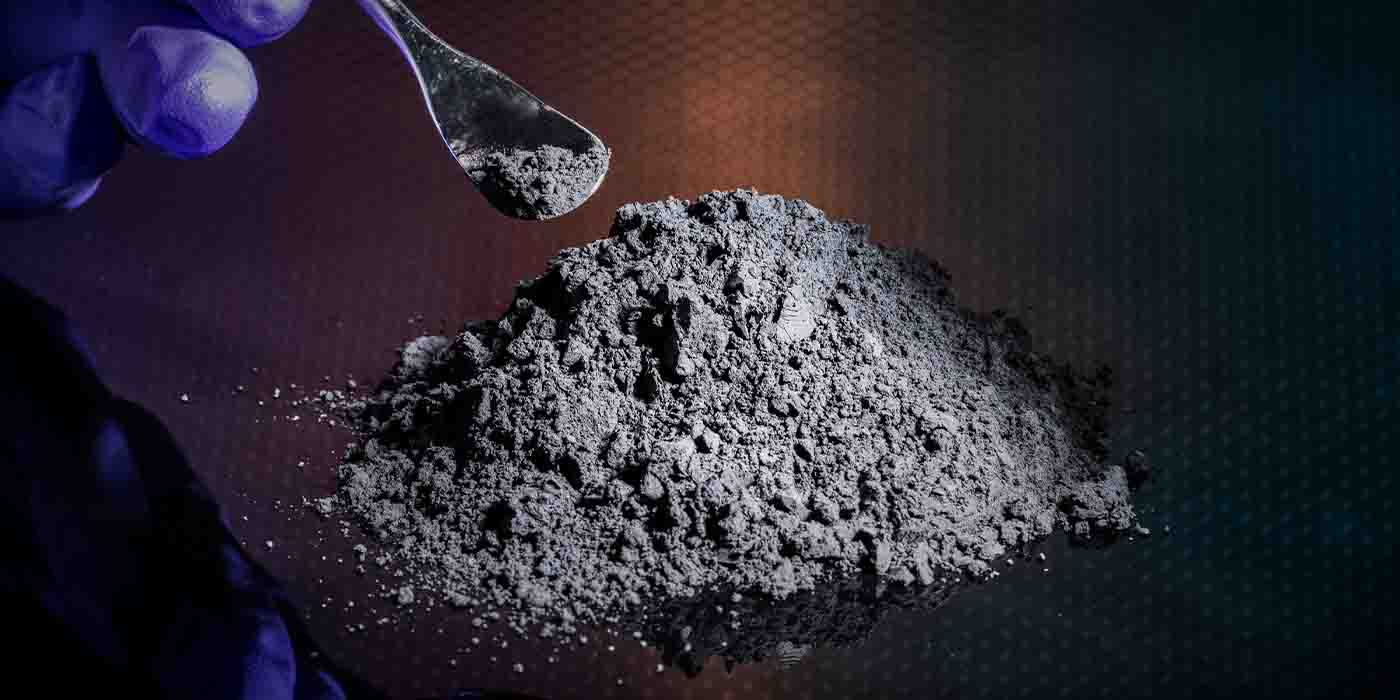
General Motors (GM) looks to further commercialize its EV battery production and lower prices by investing in Mitra Chem – a startup described as an “AI-enabled battery materials innovator.” Today, GM announced it is the lead investor of a Series B funding round supporting the Silicon Valley-based battery company.
GM has publicly embraced a full transition into electrification of its lineup of vehicles across most of all its brands, and a key factor in the equation remains its proprietary Ultium EV platform, powered by its Ultium battery cells.
GM has vowed to invest hundreds of millions of dollars to transition to EV production and erect massive battery manufacturing facilities in North America to support the growing number of EV models in its pipeline.
However, much of that investment has been allocated toward scaled cell production in the US and less toward the research and development of the battery chemistries within the cells. Meanwhile, startups like Mitra Chem are using advanced technologies to not only bring new battery chemistries to scale but do so at a blistering pace.
As a result, GM has invested in Mitra Chem with plans to co-develop iron-based cathodes and additional cell chemistries.

GM explores LFP, LMFP battery tech and beyond
According to details from General Motors this morning, it is leading a $60 million Series B funding in Mitra Chem but is not currently disclosing how much of that total it is forking over. The fresh funding is intended to enable Mitra Chem to scale its current operations in Mountain View, California, and help speed up the entry of the startup’s battery materials formulation into the market.
Mitra Chem will assist GM in developing iron-based cathode active materials (CAM), including lithium manganese iron phosphate (LMFP) cells. This will be in addition to lithium iron phosphate (LFP) cells already prominent in the EV battery industry – another product Mitra Chem already specializes in. GM’s vice president, technology acceleration & commercialization, Gil Golan, elaborated:
This is a strategic investment that will further help reinforce GM’s efforts in EV batteries, accelerate our work on affordable battery chemistries like LMFP and support our efforts to build a U.S.-focused battery supply chain. GM is accelerating larger investments in critical subdomains of battery technology, like cell chemistry, components and advanced cell production processes. Mitra Chem’s labs, methods and talent will fit well with our own R&D team’s work.
Mitra Chem’s lab utilizes simulations and physics-informed machine learning models to accelerate formulation development, hardening the startup to claim it can reduce the lab-to-production battery timeline by over 90%. Together with GM’s fresh investment, Mitra Chem says it can significantly shorten learning cycles and bring new battery cell formulas, like LMFP or, eventually, lithium metal halide (LMX) for solid-state cells, to market much more quickly. The startup’s co-founder and CEO, Vivas Kumar, also spoke about today’s news:
GM’s investment in Mitra Chem will not only help us develop affordable battery chemistries for use in GM vehicles, but also will fuel our mission to develop, deploy and commercialize US made, iron-based cathode materials that can power EVs, grid-scale electrified energy storage and beyond
With less expensive, locally sourced EV batteries (hopefully) coming to GM more quickly, US consumers could eventually see models that are not only more affordable but may qualify for more federal tax credits under terms in the Inflation Reduction Act. Time will tell.
